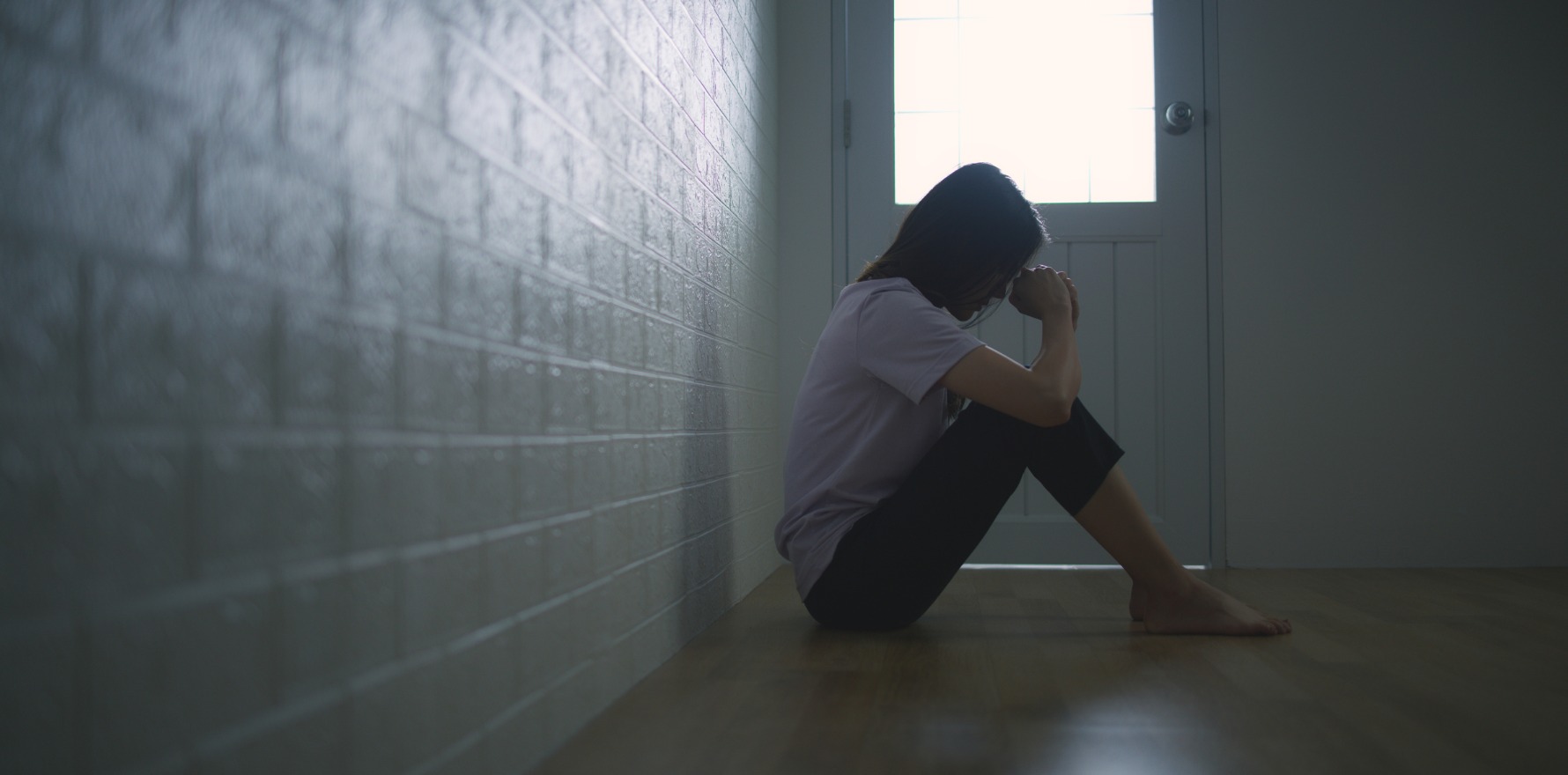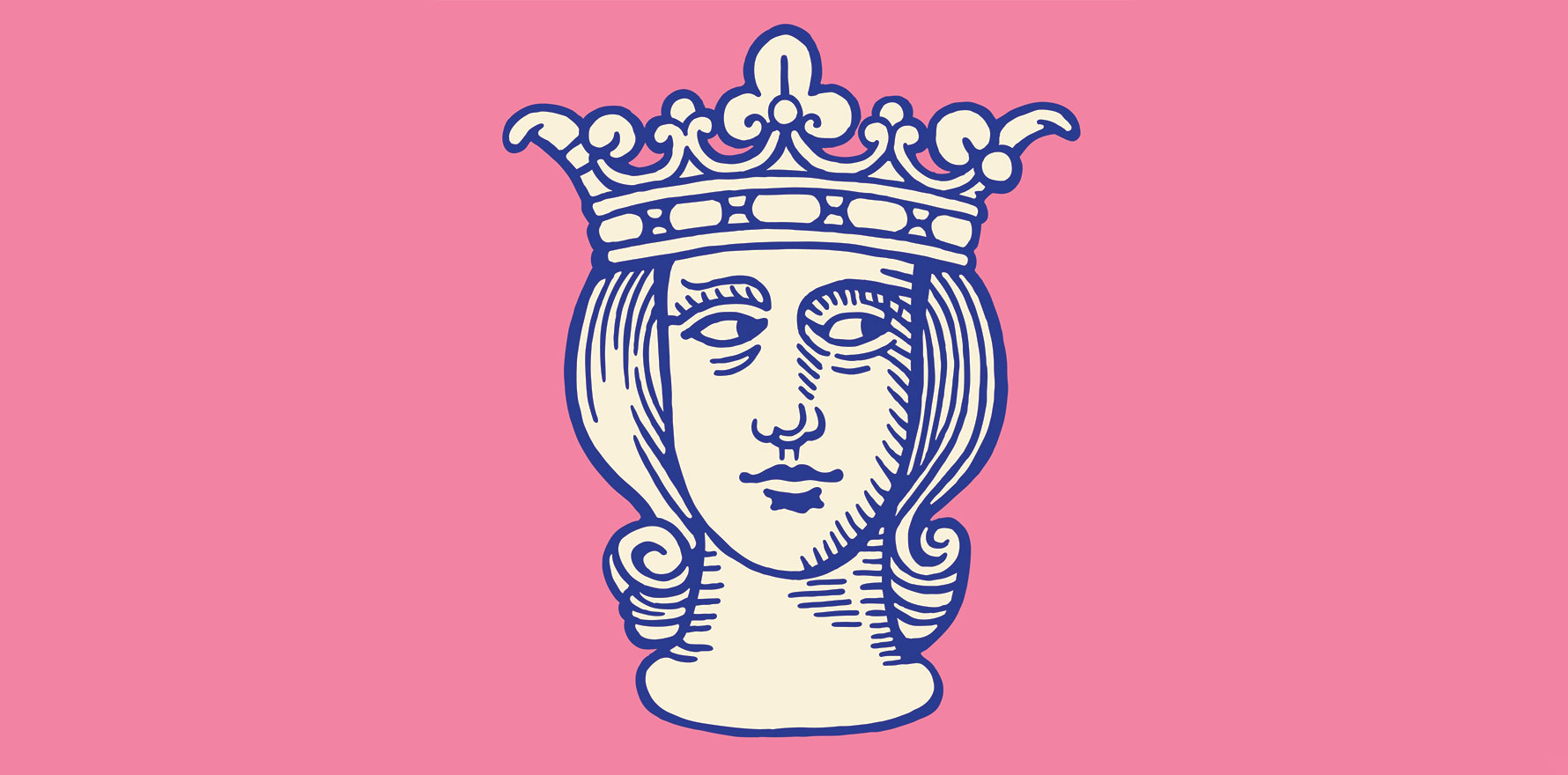A patient reflects on their 13-year journey of dealing with premature ovarian insufficiency.
The pain and trauma associated with early menopause has inspired one woman to ensure the next generation of patients get the representation and support she never had.
Kirsty Costa is one of the 4% of women under the age of 40 who experience premature ovarian insufficiency.
Mrs Costa, who is now 44 but was diagnosed with POI at age 31, reflected on her personal health journey and how the changes in how the condition is viewed makes a huge difference to the people affected by it during a panel session at the recent World Congress on Menopause in Melbourne, the flagship event of the International Menopause Society.
Mrs Costa’s experience with POI started while she and her husband were trying to start a family. After falling pregnant, the couple were required to medically terminate after 19 weeks.
“As part of that, I went through this journey of going to GPs because my periods didn’t come back, and I started getting hot,” Mrs Costa explained.
“My first GP said, ‘I think it’s the pregnancy hormones calming down. I think you’re stressed, you’re in grief – it’s anxiety. [But] three months later I still wasn’t feeling good in myself.”
Mrs Costa visited four GPs before being sent to a specialist as no one had realised the severity of the situation. The specialist confirmed a diagnosis of POI, which Mrs Costa described as an “earth-shattering, mind-breaking moment”.
While Mrs Costa felt nothing but support from the range of healthcare professionals she saw after being diagnosed, it was still overwhelming to learn about the full extent of her condition. Not only would she be unable to have children, she was also at increased risk of heart disease and osteoporosis.
“One thing that happens when you get diagnosed with what I’m going to call early menopause – because to be honest with you, ‘insufficiency’ doesn’t go down that well with me either – it leaves you in a very disempowered space. If it wasn’t for an amazing therapist, I don’t know how well I would have survived during that time.”
The initial stages of Mrs Costa’s journey and treatment were complicated by the fact that she carries a mutation in the BRCA2 gene, placing her at an increased risk of developing breast cancer. Consequently, her team of oncologists and medical and fertility specialists recommended she held off on commencing hormone replacement therapy.
Related
“For five years, while my friends were being kept up late at night with their babies, I was being kept up late at night with my hot flushes. I didn’t sleep [well] for five years, [only getting] four to five hours a night. If I was absolutely wrecked, I’d get eight hours a night … It was really debilitating for me,” Mrs Costa recalled.
The hot flushes had a significant impact on her personal and professional life, as well as her sleep habits.
“Somehow, I managed to keep working full time. But I couldn’t go out for dinner [after work] because it wasn’t safe for me to drive home, because I was so exhausted. I also had this anxiety around being in hot rooms at work, because I couldn’t sit with one of the most influential people in Australia and say, ‘Excuse me, I’m just going to take my top off’.”
One of the big challenges Mrs Costa experienced at the time was the lack of information and structured support groups available to her and other people experiencing POI. While she did meet other women experiencing early menopause in an informal setting, it didn’t go well.
“We ended up kind of traumatising each other, because we were all in it together and we didn’t have that external facilitator who could sit with us and actually be a bit removed from the experience of early menopause. I felt so alone.”
Mrs Costa started HRT five years ago after deciding she wanted to use the pain and trauma she had experienced with early menopause, describing herself as “the poster girl” for HRT.
She has since been a consumer representative on Healthtalk Australia’s early menopause project, supported the Victorian Women’s Trust in developing an app and sits on advisory groups – all to help the next generation of young people coming through to get the right information and support.
But perhaps the biggest change Mrs Costa has seen is the representation of POI in mainstream media.
“I’m really excited that since I got my diagnosis, there’s been a main character on Neighbours who had early menopause, and also on one of these big American TV shows.
“Finally, I feel seen in a world where I didn’t feel seen [before].”





